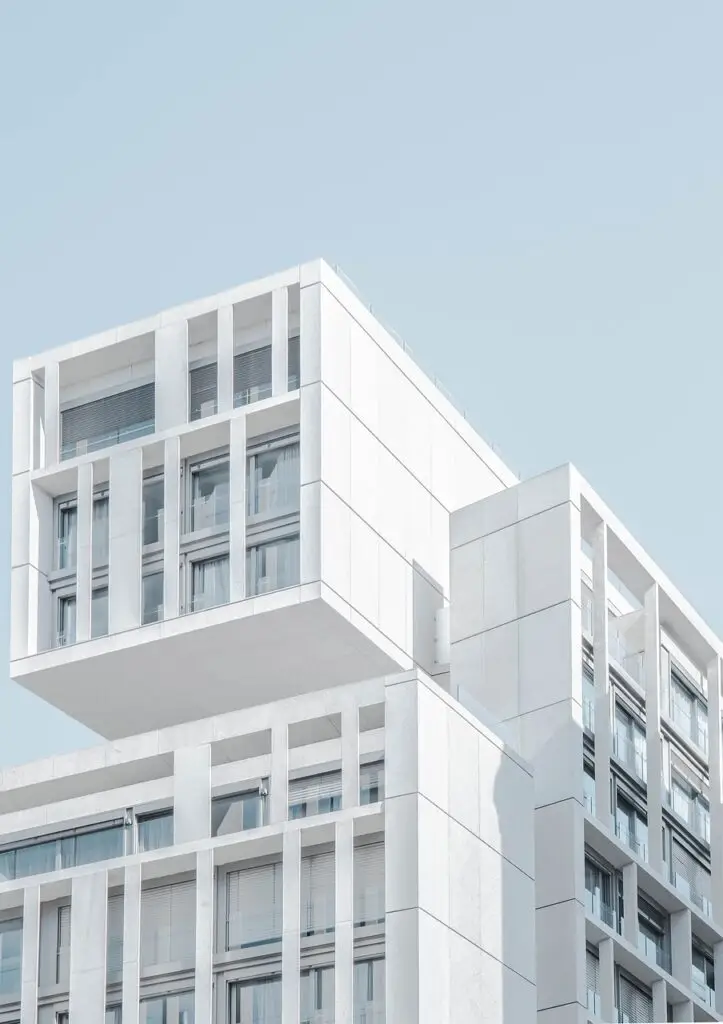The Importance of Building Redevelopment for Urban Growth
Building Redevelopment Introduction
Building redevelopment is crucial for urban growth and sustainable development. It involves repurposing old structures to meet modern needs. This process offers numerous benefits, from economic gains to environmental sustainability. Redevelopment helps cities evolve and adapt, making them more vibrant and liveable for residents.
Economic Benefits of Building Redevelopment

Building redevelopment significantly boosts local economies. One major benefit is job creation. Redevelopment projects require skilled labour, creating employment opportunities in construction, design, and project management. These jobs stimulate the economy by increasing spending and supporting local businesses.
Redevelopment also increases property values. Upgraded buildings attract new businesses and residents. This influx boosts demand for real estate, driving up property prices and tax revenues. The increased tax base provides funds for further urban improvements, creating a cycle of economic growth.
Furthermore, redevelopment can attract investments. Modern, efficient buildings draw businesses looking for up-to-date facilities. This can lead to the development of business hubs, attracting even more economic activity to the area. Investors see redevelopment as a sign of a city’s growth potential, making it an attractive place to invest capital.
In summary, building redevelopment creates jobs, increases property values, and attracts investments. These economic benefits make it a vital component of urban planning and growth strategies.
Environmental Impact of Building Redevelopment
Building redevelopment has significant environmental benefits. One major advantage is the reduction of urban sprawl. By revitalizing existing structures, cities can accommodate growth without expanding into undeveloped land. This helps preserve green spaces and reduces the environmental impact of urban expansion.
Redevelopment also promotes energy efficiency. Older buildings often have outdated systems that consume more energy. By upgrading these structures, cities can significantly reduce their energy consumption and carbon footprint. Modern buildings are designed with sustainability in mind, using energy-efficient materials and technologies.
Moreover, redevelopment encourages the use of public transportation. Revitalized urban areas often feature improved infrastructure, including better access to public transit. This reduces reliance on cars, leading to lower emissions and improved air quality.
In addition, redeveloping buildings reduces the waste generated by demolition. Instead of tearing down old structures, redevelopment focuses on repurposing them. This approach minimizes construction waste and the environmental costs associated with new builds.
In conclusion, building redevelopment offers substantial environmental benefits by reducing urban sprawl, promoting energy efficiency, enhancing public transportation, and minimizing waste.
Challenges in Building Redevelopment
Despite its many benefits, building redevelopment faces several challenges. Funding is a significant hurdle. Redevelopment projects can be expensive, requiring substantial investment from both public and private sectors. Securing the necessary funds can be difficult, particularly in economically depressed areas.
Displacement is another major challenge. Redevelopment can lead to the displacement of existing residents and businesses. Ensuring that redevelopment projects include affordable housing and support for displaced individuals is crucial to mitigate this issue.
Regulatory hurdles also pose challenges. Redevelopment projects must navigate complex zoning laws, building codes, and environmental regulations. These regulations are essential for safety and sustainability but can slow down the redevelopment process.
Community opposition can also impact redevelopment efforts. Some residents may resist changes to their neighbourhoods, fearing gentrification or loss of cultural heritage. Engaging the community and ensuring that redevelopment projects meet their needs and preserve their cultural identity is vital.
In conclusion, while building redevelopment offers numerous benefits, it faces challenges such as funding, displacement, regulatory hurdles, and community opposition. Addressing these challenges is essential for successful and inclusive redevelopment projects.
Conclusion
Building redevelopment is essential for urban growth, offering economic, environmental, and social benefits. It creates jobs, increases property values, and attracts investments. Redevelopment also reduces urban sprawl, promotes energy efficiency, and enhances public transportation. Socially, it improves living conditions, fosters community spirit, and reduces crime.
However, redevelopment faces challenges like funding, displacement, and regulatory hurdles. Overcoming these obstacles requires careful planning and community engagement.
Ultimately, the benefits of building redevelopment make it a crucial component of sustainable urban development. By investing in redevelopment, cities can ensure a vibrant, sustainable future for their residents.
